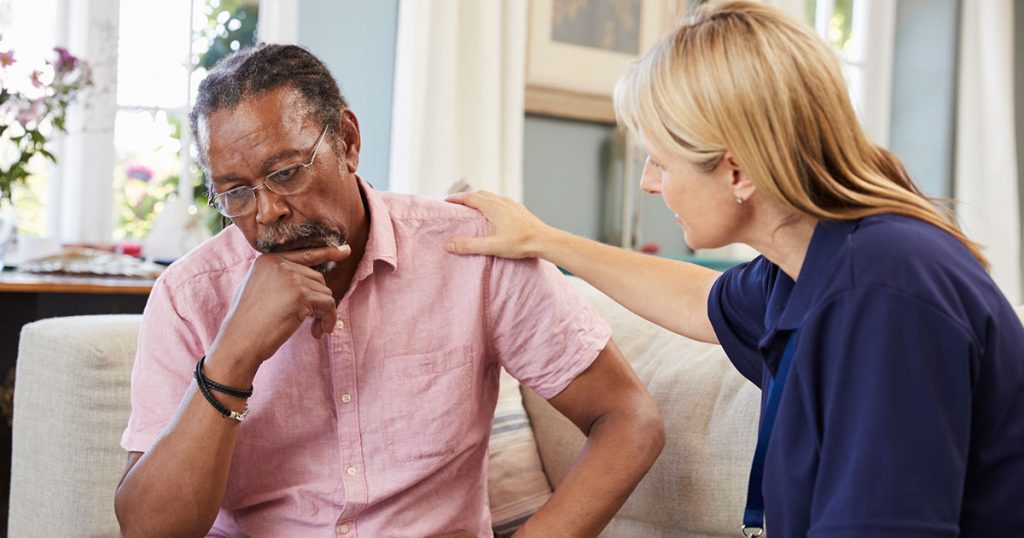Mental illness is a serious subject, my friends, but it doesn’t get talked about enough. It’s also very common in the US, with the National Institute of Mental Health reporting that close to one out of every five adults lives with mental illness (https://www.nimh.nih.gov/health/statistics/mental-illness.shtml).
When someone is struggling with their mental health, they’re not the sole person affected. Siblings, parents and other loved ones also must navigate the challenging and emotional road to recovery. The impact on a loved one will vary depending on the condition, severity and strength of the family unit, but it can cause the loved one to experience stress and anxiety and feel many negative emotions, including resentment and feelings of neglect.
It’s important to do what you can so you’re in the best position to help a loved one experiencing a mental health crisis. If you’re not doing so already, try the coping strategies below.
• Take better care of yourself: While this may sound like a cliche, you’ll need to be in top shape to be the most helpful to your loved one.
• Seek some support: Talk to someone during this tough time. A support network is important.
• Take part in your loved one’s treatment: Spend as much time as possible learning about your loved one’s condition and treatment plan.
• Separate your loved one from their diagnosis: A person struggling with a mental health disorder is not just that disorder. It’s vital to remember they have an illness.
• Schedule fun time: With so much time focused on your loved one and your treatment, it can be easy to let everything else fall by the wayside. Have some special time set aside just for having some family fun.
Since you and your family members likely spend more time with the person struggling with mental illness than everyone else, you will probably be the ones to see changes first or hear concerning reports from others. Make sure you’re familiar with what is typical for your loved one so you are able to spot when they really start to struggle. You may notice your loved one isolating more, mood changes and changes in their normal routines, for example, if they need help. Be sure to report any changes you are not certain about to your loved one’s mental health team so they receive help as soon as possible.




